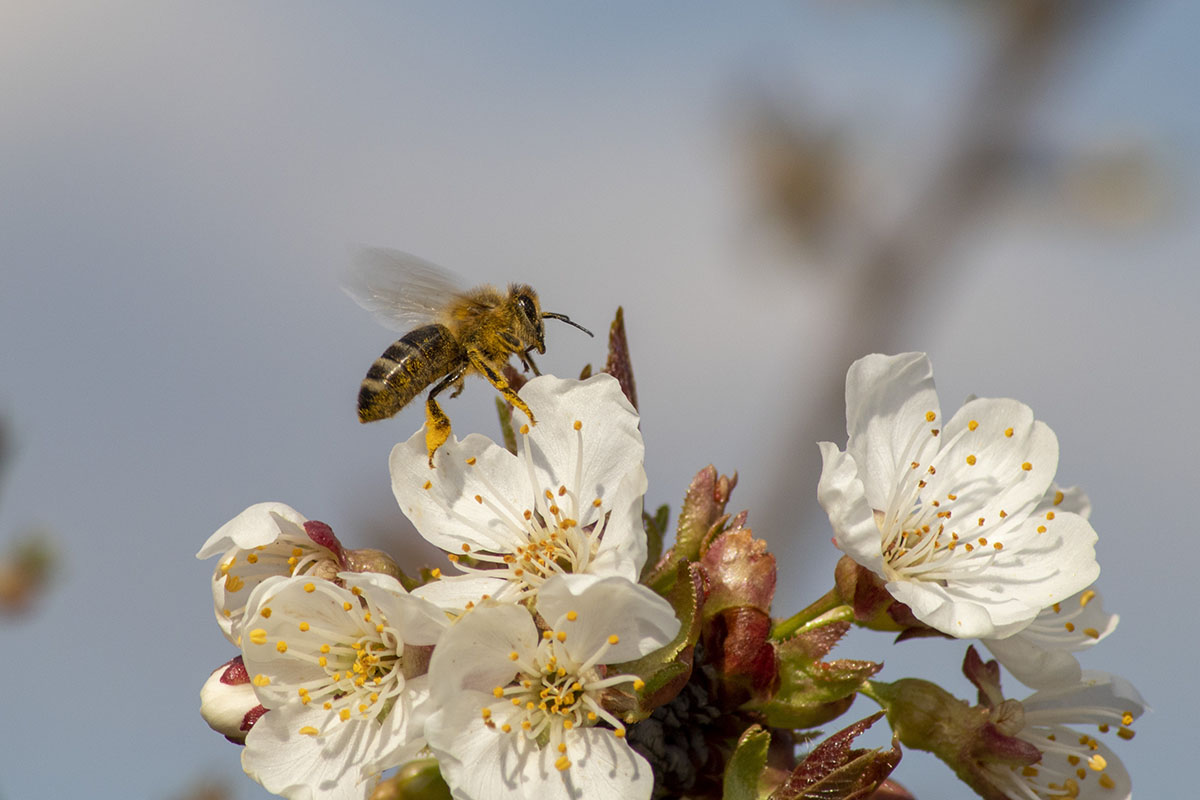UM hosts IPBES technical support unit
The University of Montpellier has been chosen to host the technical support unit of the Intergovernmental Science-Policy Platform on Biodiversity and Ecosystem Services (IPBES). This choice places Montpellier at the heart of global biodiversity issues.

In July 2021, the executive secretariat of IPBES – Intergovernmental Science-Policy Platform on Biodiversity and Ecosystem Services – issued a call for proposals to host a "Technical Support Unit" to support the drafting of a global report by 2024, which will assess the causes of biodiversity loss, the drivers of change, and the options for achieving commitments by 2050. The proposal from the University of Montpellier was selected.
Under the auspices of the United Nations, IPBES is an intergovernmental group of experts on biodiversity whose main mission is to assist governments on biodiversity issues. The work of IPBES is therefore as important for biodiversity as that of the IPCC is for climate change.
“The University of Montpellier is delighted to have been chosen to host the IPBES Technical Support Unit and thus to be able to welcome some of the researchers contributing to the report to Montpellier. With more than 1,300 scientists working directly on topics related to ecology and biodiversity, Montpellier is home to one of the largest communities in this field in the world, recognized at the highest level by the Shanghai ranking, and this community has already been a major contributor to IPBES activities. This choice by IPBES honors us and places Montpellier at the heart of one of the key issues for the future of the planet,"said Philippe Augé, President of the University.
The proposal from the University of Montpellier was developed with significant support from the Ministry of Higher Education, Research Innovation, which is providing financial assistance. This proposal was developed by the University of Montpellier on behalf of the MUSE consortium, which it leads, with support from CGIAR, operational reinforcementfrom Agropolis International, and, of course, the work of the relevant administrative departments and vice presidents of the University.
The IPBES initiative and the forthcoming report are perfectly in line with the guidelines set out by the University of Montpellier as part of its I-SITE MUSE project, with 15 partner institutions in Montpellier. Together, and in partnership with international institutions, these institutions are committed to strengthening research, education, and international cooperation to address three interrelated challenges: (i) promoting a transition to an environmentally friendly society; (ii) promoting innovative agriculture to contribute to food security and environmental quality; (iii) improving human health in changing environments. The commitment to this new initiative will contribute to this.